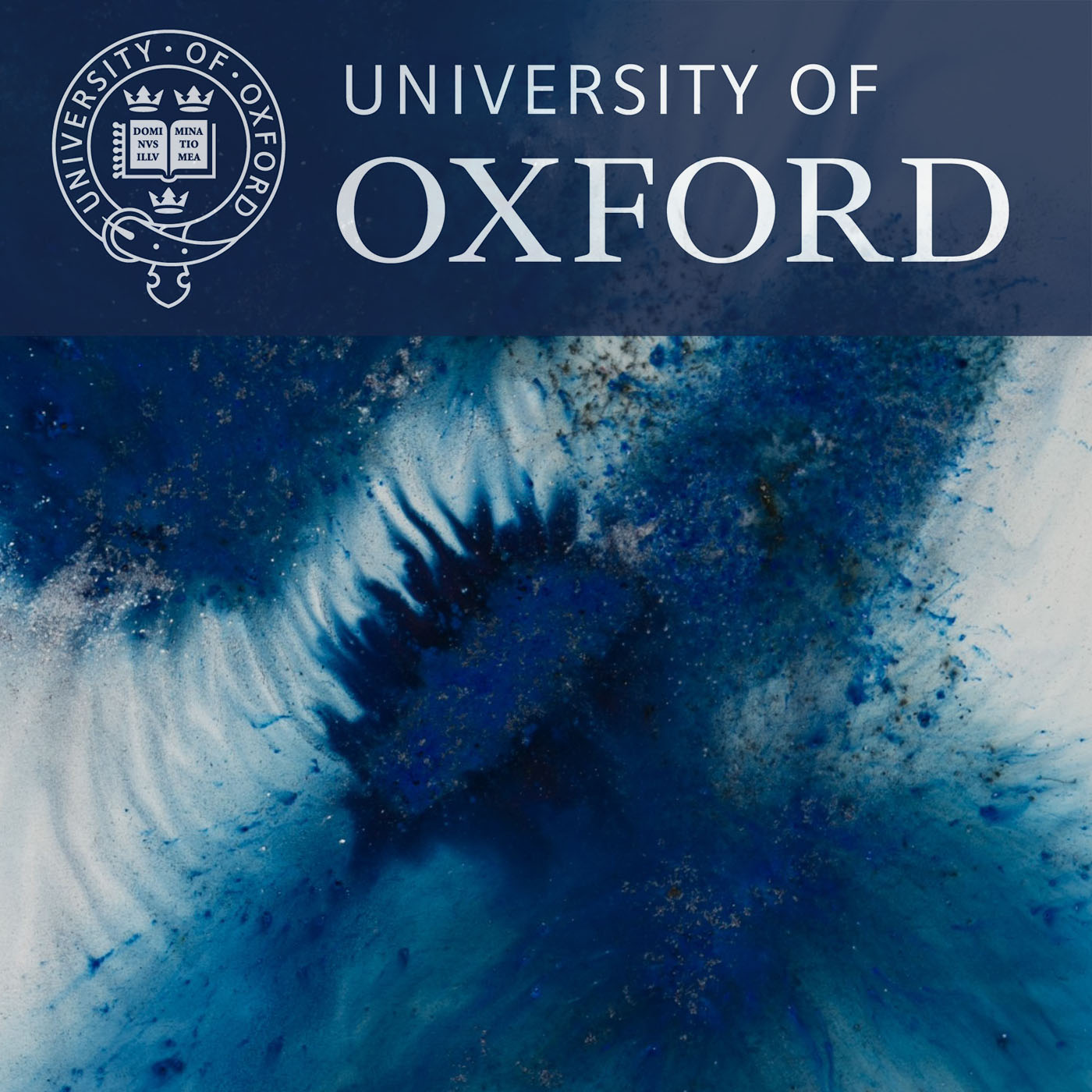Cai Guo-Qiang and the Depths of Spectacle

b"David Taylor, University of Oxford, Associate Professor of English, gives the third presentation in the symposium. In this paper I'll suggest some of the ways in which Cai's art, and his explosion events especially, counters a tradition of critical and philosophical suspicion of spectacle that goes back (in the West) some two and half thousand years. In order to make this claim, I'll first trace Cai's relationship to the theatre and the manner in which his art addresses questions of what performance is and does. Consideration of Cai's work through the many vectors of performance - including space, time, movement, process, materiality, and audience - will then lead me back to the matter of spectacle. Contrary to the likes of Guy Debord, for whom spectacle renders us passive, its enthralling fiction putting us at a distance from the real, Cai shows us that spectacle is (or at least can be) an epistemology: a way of knowing.\\nDavid Taylor is associate professor of English at Oxford and a tutorial fellow of St. Hugh's College. He specializes in British literature and culture from the seventeenth to the nineteenth centuries, with particular interests in the theatre and the relations between literary and visual cultures. He is the author of Theatres of Opposition (OUP, 2012) and The Politics of Parody (Yale UP, 2018), and also the editor of The Oxford Handbook of the Georgian Theatre (OUP, 2014). In 2017 he curated the exhibition 'Draw New Mischief: 250 Years of Shakespeare and Political Cartoons' for the Royal Shakespeare Company, which opened in Stratford-upon-Avon before travelling to the Barbican. He is currently working on a book about theories and practices of spectacle in the Enlightenment."